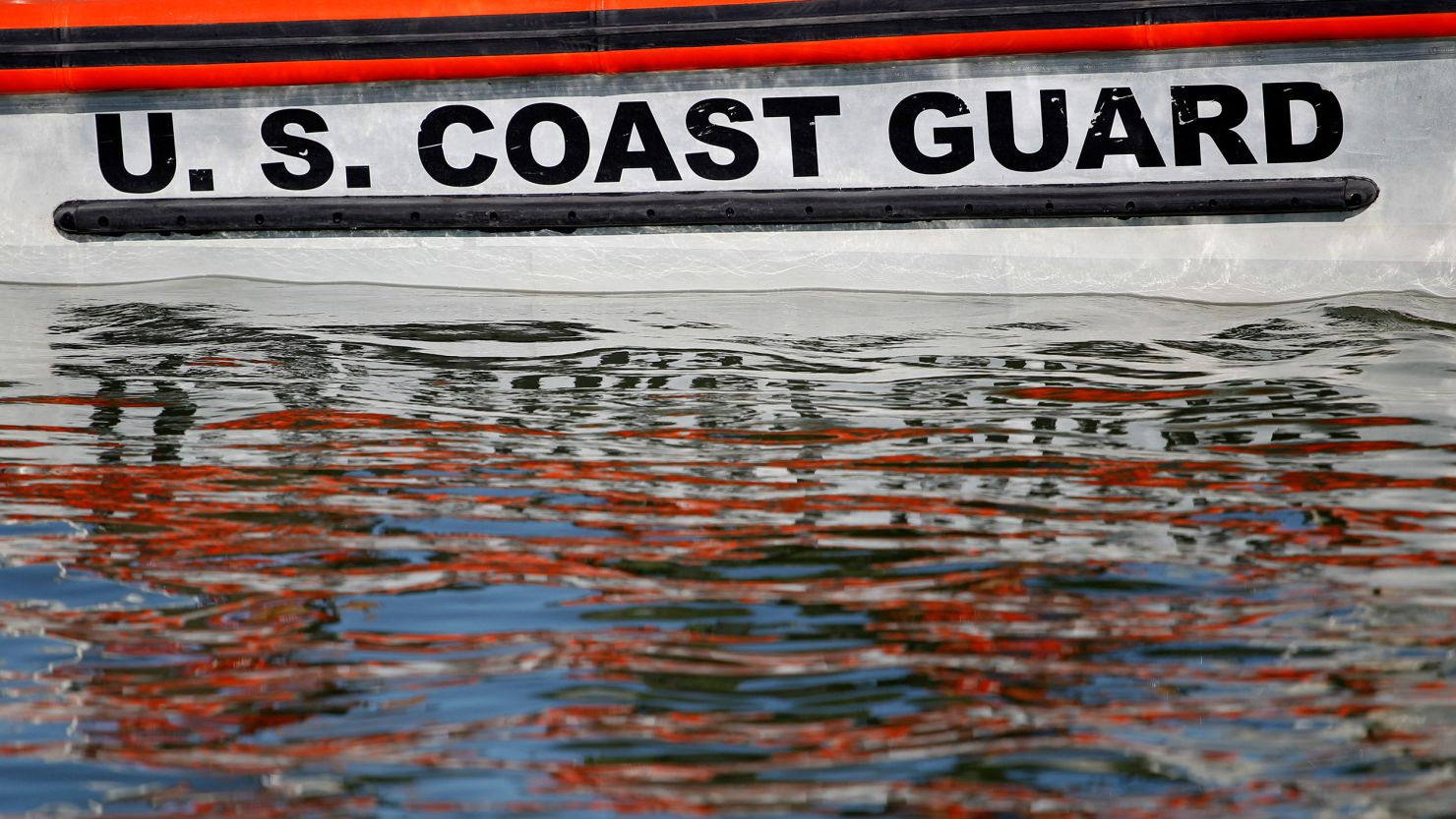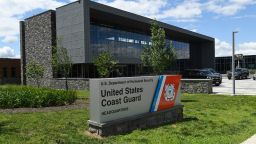US Coast Guard leaders illegally used nondisclosure agreements to prevent sexual assault victims from speaking out about their alleged attacks, according to a congressional inquiry sparked by a CNN report into sexual misconduct at the prestigious Coast Guard Academy.
The use of the agreements appeared to be part of a “years-long concerted effort to conceal information about rapes and other sexual assaults at the Academy from Congress and the public,” Republican Sen. Ted Cruz, a ranking member of a Congressional committee looking into the Coast Guard’s actions, wrote in a letter sent Sunday to Commandant Adm. Linda Fagan.
“Requiring victims to agree not to discuss what happened to them is particularly reprehensible,” Cruz wrote, noting that restricting any member of the Coast Guard from communicating with Congress would clearly violate federal laws. “If agencies are allowed to silence their employees … they will shield waste, fraud, abuse, and even criminal activity from oversight.”
The Coast Guard said in a statement Monday that the agreements it previously asked victims to sign were not intended to silence them, but to protect the integrity of the investigation and to ensure that the privacy of other victims and witnesses involved in the broader Fouled Anchor probe was also protected. The agency said the records had been provided to Cruz’s office as part of the commandant’s “commitment to transparency” but did not comment on Cruz’s criticism that the agreements were illegal.
The congressional review by the Senate Commerce Committee is one of several government inquiries centered on a series of CNN stories into a secret Coast Guard probe dubbed “Operation Fouled Anchor,” which documented decades of cover-ups of sexual misconduct.
CNN reported last year that Coast Guard leaders had guarded the secrecy of the internal investigation to the point that officials with access to case materials had to sign non-disclosure agreements. In the letter sent to Fagan, Cruz said that records received by his staff show that the Coast Guard personnel who had been silenced by these agreements included subjects, investigators, witnesses and assault victims themselves.

Cruz said it was “critical that (Fagan) act quickly to put an end” to the use of any prohibited NDAs and said that he had referred the matter to other government agencies, including the Department of Homeland Security Inspector General, which is leading an ongoing probe into the Fouled Anchor coverups.
Cruz’s letter is just the latest fall-out for the Coast Guard since the Fouled Anchor controversy broke last June. In the months that have followed, Fagan issued a series of unprecedented apologies to members of Congress, current and former academy cadets, and the entire Coast Guard workforce and has directed a host of reforms to how sexual assault cases are handled across the agency.
But members of Congress have said they remain unsatisfied with a continued lack of transparency and have introduced a number of legislative fixes as a result.
Just last week, Senator Chris Murphy from Connecticut, where the academy is based, announced that a funding bill for the Department of Homeland Security included $1.5 million in funding for an independent review, as well as language that would require that “Congress receives key information and regular briefings to ensure transparency and accountability regarding the Coast Guard’s decision to hide from Congress the findings of Operation Fouled Anchor.” A recent GAO report, meanwhile, found the Coast Guard needs to do more to ensure an effective culture change across the service.
And in Cruz’s letter, he also noted that the Coast Guard had resisted allowing interviews of attorneys involved with the probe on the grounds of legal privilege and that officials up for high-level promotions had provided only a conditional commitment to be honest and transparent with Congress moving forward. He cited an “apparent initial lack of cooperation” with the ongoing Inspector General investigation.
“This is a disservice to the survivors of rape and other sexual assaults at the Academy, whom the Coast Guard has already failed once,” he wrote.
Do you have information or a story to share about the Coast Guard past or present? Email melanie.hicken@cnn.com and Blake.Ellis@cnn.com.







